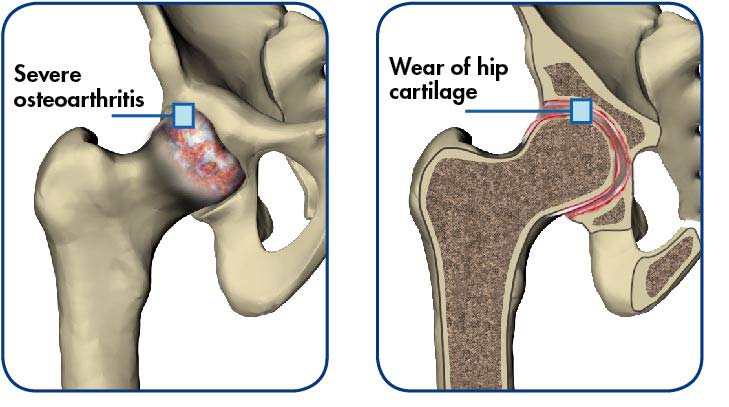What you need to know about Hip Surgery Procedure
Contents
- 1 What you need to know about Hip Surgery Procedure
- 2 What does the Procedure Involve?
- 3 How Long Should You Stay at the Destination?
- 4 What’s the Recovery Time Like?
- 5 What Aftercare Should You Consider?
- 6 What is the Success Rate for Hip Surgery Procedure?
- 7 Are there Alternatives to Hip Surgery Procedure?
- 8 What Should You Expect Before and After the Procedure?
Hip surgery is a set of surgical options for people with hip problems. It is usually performed when other medications and treatments have proven to be unsuccessful in managing hip pain caused by medical conditions such as arthritis, osteoarthritis, or a fracture. The surgery may involve repositioning or replacing the hip joint.

What does the Procedure Involve?
Depending on your condition, your options include total hip replacement (arthroplasty), hip resurfacing, arthroscopy, and osteotomy. The surgery may be performed under general anesthetic or spinal anesthetic. The most common hip surgery is a total hip replacement, in which your hip joint is removed and replaced by an artificial joint made from metal and plastic components.
How Long Should You Stay at the Destination?
You may need to stay in the hospital for 2 to 4 days, but this depends on which type of hip surgery you underwent, as well as your age, health, and physical conditions. In general, you will need to stay in the Area for around 14 weeks to attend follow up checkups with your surgeon. During the follow-up checkups, your doctor will remove your stitches.
What’s the Recovery Time Like?
You should be able to do light activities within three to six weeks, but you may still experience a little bit of soreness and discomfort. Within 10 to 12 weeks, you can do most of your regular activities, such as taking long walks and dancing.
What Aftercare Should You Consider?
A physical therapist will show you several different exercises to strengthen the muscles around your hip, make sure to practice these exercises as recommended by your physical therapist. Your surgeon may give you a post-operative instruction, including wound care and dietary requirements. During your recovery period, you will need to schedule follow up appointments with your local doctor.
What is the Success Rate for Hip Surgery Procedure?
Hip surgery is proven to be effective and safe, with a success rate of 90% to 95%. However, just like any surgery, hip surgery carries some side effects and risks, such as infection, blood clots, fracture, change in leg length, dislocation, and loosening.
Are there Alternatives to Hip Surgery Procedure?
Those who do not want to undergo surgery have several nonsurgical options, such as using walking aids, physical therapy, anti-inflammatory medications, joint supplements, and cortisone injections.
What Should You Expect Before and After the Procedure?
Problems and pain with your hips can limit your movement. After successful hip surgery, your mobility will be increased and you will be able to enjoy doing activities you used to enjoy before you started having hip issues.
For an in-depth analysis of a Hip Surgery Procedure, watch this short video.
To check prices or to book a Hip Surgery Procedure in Thailand or anywhere else in the world, head on over to MyMediTravel now!

